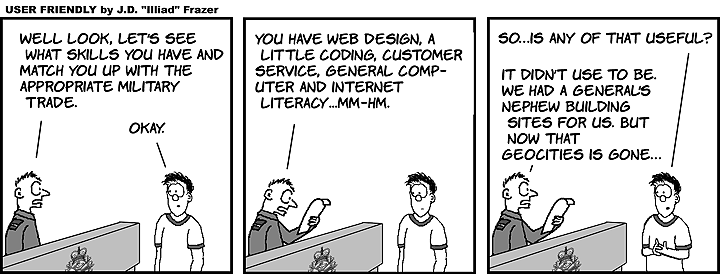Miscorrecting Palin
Sarah Palin's Twitter feed continues to attract a mind-boggling amount of international media attention, most recently for the act of "favoriting" a tweet from Ann Coulter, which contained a photograph of a church sign with inflammatory things to say about President Obama. Palin, or whoever runs her Twitter account, subsequently "unfavorited" the tweet, and Palin told ABC News that she had no knowledge of the original favoriting. The Telegraph reported:
The fact that she uses a hand-held device to write her Twitter messages without checking by her staff has led to errors before, such as calling on moderate Muslims to “repudiate” plans for a mosque near ground zero in New York.
…except, as we all know, the word that Palin used was refudiate. Mostly likely what we have here is a Cupertino-style miscorrection, in which a copy editor has allowed a spellchecker to substitute the "correct" word repudiate, thus missing the entire point. (This despite the fact that a sidebar of related articles links to the Telegraph's own recent discussion of Palinesque refudiation.)
Read the rest of this entry »

